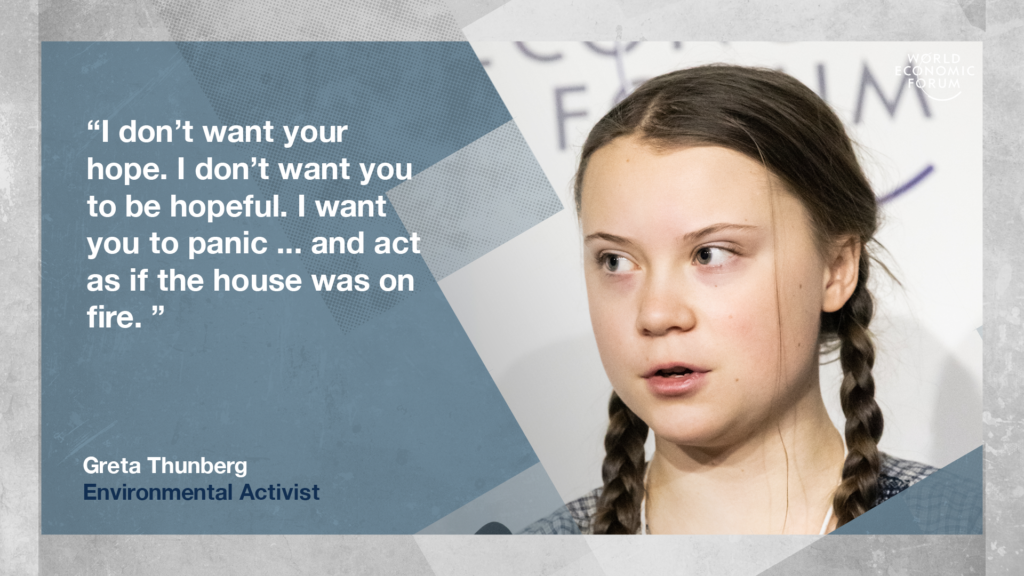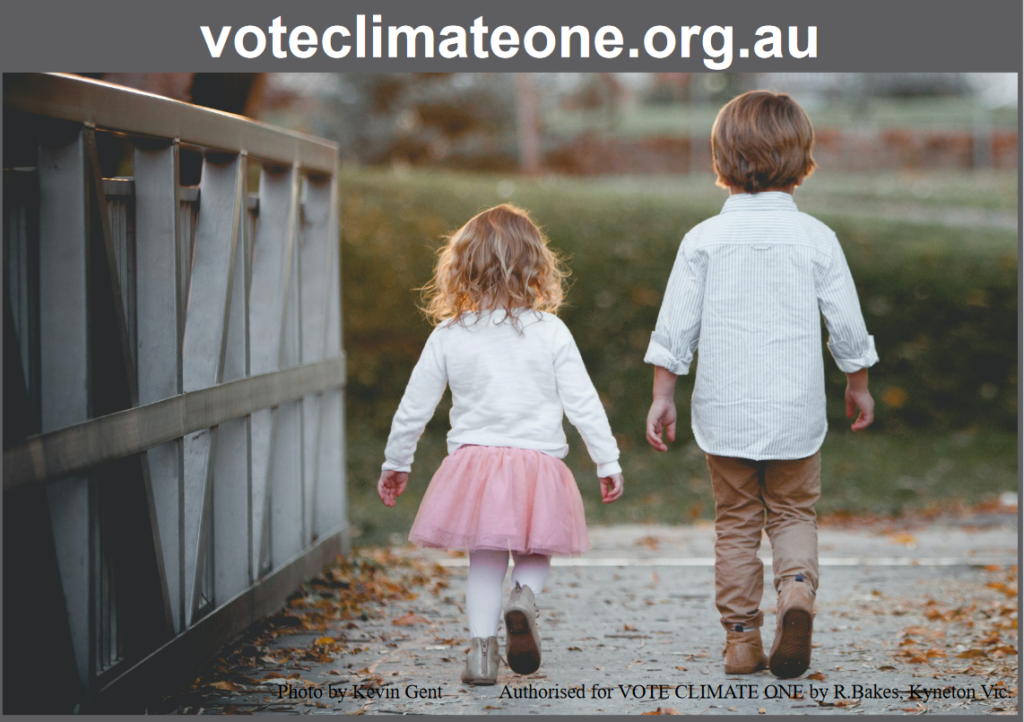Antarctic sea ice reaches NB4 low extent this summer
Southern sea ice coverage fell below 2 million km² for first time since satellite records began in 1979, exposing more ocean to solar heating
Southern sea ice coverage fell below 2 million km² for first time since satellite records began in 1979, exposing more ocean to solar heating
A fifth of Australia’s fossil fuel facilities emit more more GHGs than approved – with no penalties/costs applied for excess emissions
by Adam Morton, 24/02/2022 in The Guardian
A fifth of Australia’s fossil fuel facilities emit more greenhouse gas than originally estimated, report says: Australian Conservation Foundation says blowouts show government’s safeguard mechanism is ‘failing’ to control industrial emissions.
Global warming is shifting ocean evaporation towards poles, robbing rain from already drought stricken areas to dump it on already wet areas
by Taimoor Sohail & Jan Zika, 24/02/2022 in The Conversation
Climate change is warping our fresh water cycle – and much faster than we thought: Fresh water cycles from ocean to air to clouds to rivers and back to the oceans. This constant shuttling can give us the illusion of certainty. Fresh water will always come from the tap. Won’t it? — Unfortunately, that’s not guaranteed. Climate change is shifting where the water cycle deposits water on land, with drier areas becoming drier still, and wet areas becoming even wetter.
This 50th Anniversary interview with a “Limits to Growth” author puts the work in context and shows more to do than just stopping warming
by Richard Heinberg & Dennis Meadows, 22/02/2022 in Resilience.org
Dennis Meadows on the 50th anniversary of the publication of The Limits to Growth: Only rarely does a book truly change the world. In the nineteenth century, such a book was Charles Darwin’s On the Origin of Species. For the twentieth century, it was The Limits to Growth. Not only did this best-selling 1972 publication help spur the environmental movement, but it showed that the underlying dynamics of the modern industrial world are unsustainable on the timescale of a couple of human lifetimes.
The accelerating heat content of the world’s oceans will soon be forcing coral reef ecosystems towards their collapse into mass extinction
The true Arctic zone above the Arctic Circle that drives world climate change is heating at a prodigious rate. Bad news for our one Earth!
Following on from Estimating the social cost of [uncontrolled] greenhouse gas pollution, what is the likely cost to shut down the emissions?
by David Brancaccio and Rose Conlon 14/02/2022 in Marketplace
What would it take to reach net-zero global emissions by 2050?:
More than 70 countries have pledged to cut their greenhouse gas emissions to net zero by mid-century. And in order to achieve the Paris Agreement’s goal of limiting global warming to 1.5 degrees Celsius above pre-industrial levels, the Intergovernmental Panel on Climate Change projects the world would need to reach net-zero emissions by 2050. Such a transition would require colossal change throughout the global economy, according to a new report from the McKinsey Global Institute, citing an average of $9.2 trillion in annual spending on physical infrastructure through 2050— $3.5 trillion more than current yearly spending.
Living things and soils store vast amounts of organic carbon. If this is lost to the atmosphere by wildfire, land clearing, or other disturbances it is not easily recovered
by Govind Bhutata 13/02/2022 Carbon Streaming Corporation in Visual Capitalist
The Earth is home to some natural ecosystems that function as carbon vaults, storing massive amounts of carbon. Researchers developed the concept of “irrecoverable carbon” to identify areas on the basis of three criteria relevant for conservation:
● Manageability: How they can be influenced by direct and local human actions
● Vulnerability: The magnitude of carbon lost upon disturbance
● Recoverability: The recoverability of carbon stocks following loss
Applying the three criteria across all ecosystems reveals that some places contain carbon that humans can manage, and if lost, could not be recovered by 2050, when the world needs to reach net-zero to avoid the catastrophic effects of climate change.
The above graphic sponsored by Carbon Streaming Corporation charts global irrecoverable carbon by land area, highlighting important ecosystems of stored carbon.
Read the complete article….
For the science behind this brief presentation see, Noon et al., 2022. Mapping the irrecoverable carbon in Earth’s ecosystems in Nature Sustainability.
Greta Thunberg tells us us how important it is to fight the fires.

In other words, smell the smoke, see the reality, and fight the fire that is burning up our only planet so we can give our offspring a hopeful future. This is the only issue that matters. All the troop of wooden-headed puppets is doing is rearranging the furniture in the burning house to be incinerated along with anything else we may care about. In Greta’s words, “even a small child can understand [this]”. People hope for their children’s futures. She doesn’t want your hope. She wants you to panic enough to wake up and fight the fire…. so she can have some hope for her future. Vote Climate One’s Traffic Light Voting System will help you use your vote wisely on behalf of our offsprings’ futures.
If we successfully purge our Parliament of the puppets, we may be able leave our offspring with a hopeful future.

US Federal courts consider this vexing question: how much do greenhouse gas emissions cost society and who should pay this cost?
Jim Krane & Mark Finley, 13/02/2022 in The Conversation
What is the ‘social cost of carbon’? 2 energy experts explain after court ruling blocks Biden’s changes: When an electric company runs a coal- or natural gas-fired power plant, the greenhouse gases it releases cause harm – but the company isn’t paying for the damage. Instead, the costs show up in the billions of tax dollars spent each year to deal with the effects of climate change, such as fighting wildfires and protecting communities from floods, and in rising insurance costs. This damage is what economists call a “negative externality.” It is a cost to society, including to future generations, that is not covered by the price people pay for fossil fuels and other activities that emit greenhouse gases, like agriculture.
VC1 News Editor’s comment: Australians need to think about this in the run-up to our election. The costs to human society from human triggered global warming are already reaching catastrophic levels. If we cannot stop and reverse the warming process, near-term human extinction is likely. The social cost of this would be literally infinite (any costs divided by zero humans left is infinite). In other words, if we wish for our families to survive into the future, we need to spend whatever it takes to stop the warming. This won’t be helped by a present puppet government that continually denies and downplays the reality and often works to block any effective action against the carbon emissions of its puppet masters. Use Vote Climate One’s Traffic Light Voting System to replace them with people who will put climate action at the top of their to-do list if elected.
Several major legal actions to be taken to court this year hope to bring Australian governments & special interests to account for climate failures
by Kieran Pender 12/02/2022 in The Guardian
The environmental activists bringing the climate crisis to the courtroom: There’s a growing trend of climate litigation around the world. Here’s a look at the Australian cases likely to make headlines this year